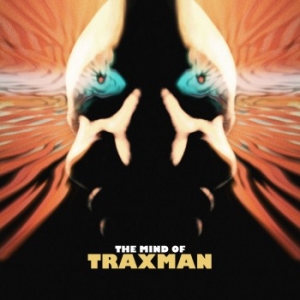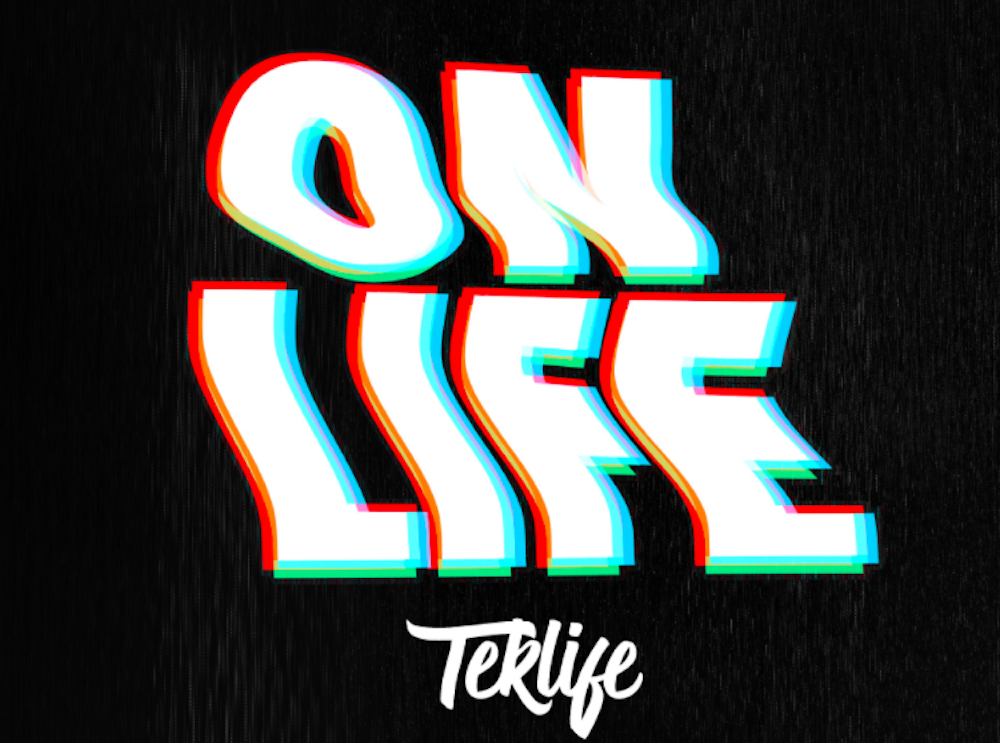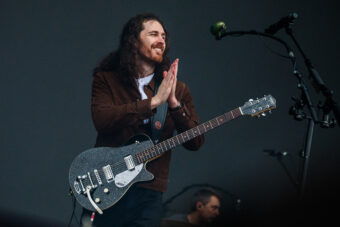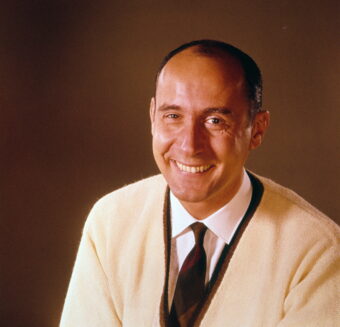Release Date: April 10, 2012
Label: Planet Mu
“Footwork” is prime proof of a recurring truth in dance music: While the various electronic vanguards strive self-consciously to break all sound barriers, it’s the functional styles that produce the real breakthroughs. This Chicago genre’s prosaic name points to its purpose-built specificity: bare-bones beats tailored for the exponents of a unique local dance style, designed to spur them on to new feats of gravity-defying grace.
Its origins lie in a mutant offshoot of Chicago house known as “juke,” but footwork has more in common with the booty-bass styles you find all across urban America, from Jersey club music to L.A. jerk. It sounds much more like an extension of electro’s jagged-yet-elastic drum-machine beats than house’s four-to-the-floor pump-and-pound. Likewise, footwork’s dance contests, with their circles of spectator-participants, place it on the continuum of breakdancing and body-popping: dance as a gladiatorial display of prowess, as opposed to the communal ecstasy of the disco tradition.
Outsiders hearing footwork for the first time are often reminded, like I was, of the shock-of-the-new impact of jungle in the ’90s, music so imposingly percussive it pulls irresistibly at your body, even as its split-level tempos and contorted track-structures frustrate all your acquired rhythmic reflexes. Unless you belong to the local scene, footwork tends to work more as a head-trip; you’d break an ankle if you actually tried to move to these jagged anti-grooves. Like early jungle, most footwork is just drums and bass plus some sliced’n’diced samples, with seemingly zero hand-played instrumental elements. Keyboards are strictly for stretching a sample — a horn, a voice, a snippet of orchestration — across the octaves, then tapping out jittery hyperkinetic patterns, effectively turning each source of sound into just another component of a giant drum kit.
The result can be so mechanistic and texturally emaciated that it really doesn’t compute outside its proper context — the dance battle. But Planet Mu’s two Bangs & Works compilations did a heroic job of sifting through to find the stand-alone gems. Even in that select company, the inclusions by Traxman stood out. Real name Cornelius Ferguson, he’s a footwork veteran whose discography goes back to the mid ’90s and who belongs to the Ghetto Teknitianz crew alongside two other scene leaders, DJ Rashad and DJ Spinn. His debut album builds on the musicality of those Bangs & Works contributions — the Dilla-worthy ethereality of “The Comeback” is thankfully repeated here. The first sound you hear on Da Mind of Traxman is the idyllic tinkling of a kalimba; for a moment, you start to imagine Traxman doing a Burial or Bukem, becoming an ambassador for his genre, the architect of footwork’s coffee-table-ization.
But like the sugar in hot sauce, all the additional soulful and jazzy flavors — pale blue chords, sax-y loops, mellow piano comping — just bring out the stinging attack of the beats more fiercely. “I Need Some Money” is archetypal footwork in its use of contrast, draping a leisurely canopy of ’70s harmony soul over a hectic pummel of rolling toms and clacking knitting-needle snares. Jungle did the opposites-coexist-blissfully game too: a 160-beats-per-minute break-beat frenzy versus 80-BPM heart-pulse bass, ruffneck ragga grit versus sentimental soul divas. But in footwork there’s even less of a stable center. Sometimes the drums are almost screwed, a slow-mo battery of ponderous claps and smeared kicks, while the voices are whisked into a foam of phonemes. Traxman’s “Slip Fall” upends convention by rendering the drums a sporadic, low-key presence and letting a manic pulse midway between Morse Code and a grandiose Bach arpeggio command the foreground; elsewhere, sped-up and slowed-down voices run in parallel, for maximum biorhythmic disorientation.
Woven from scraps of early AC/DC, “Let There Be Rockkkk” is a highlight: The rasped invocations of Bon Scott (“Let there be drums…THERE WAS DRUMS,” “Let there be guitars…THERE WAS GUITARS,” and so on) are answered by hacking frenzies of sound. A profane version of preacherly call-and-response, it serves to illustrate, despite the white-rock provenance of the sample, how deeply footwork is embedded in black musical tradition. Another indirect route to gospel comes on “Lifeeeeee Is for Ever,” via Prince, whose “Let’s Go Crazy” is ransacked for its intro’s sustained church-organ note and hokey sermon: “Dearly beloved… electric word, ‘life,’ it means forever, and that’s a mighty long time… I’m here to tell you, there’s something else.” When the beats blast off like an epileptic fit, you’re suddenly minded of the Holy Roller madness of born-again believers shaking and twitching in the aisles. On “Conq Dat Bitch,” the ugly sentiment of the title phrase is shredded into something similarly close to a speaking-in-tongues effect.
Footwork is a new twist on the age-old idea of dancing as the route to an embodied transcendence, or as wise elder neighbors the Art Ensemble of Chicago put it, “Ancient to the future.”





